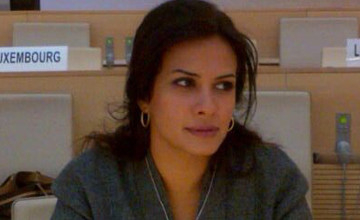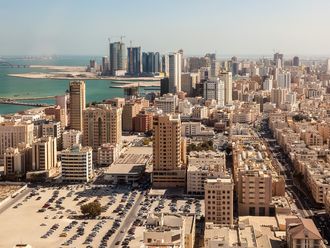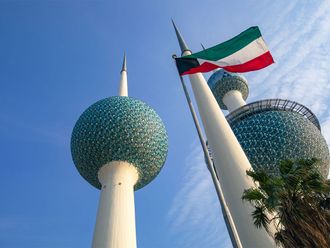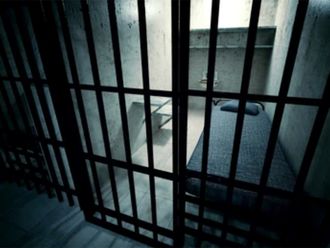
Manama: Around 350,000 Bahraini men and women are eligible to cast their votes in the parliamentary elections scheduled for November 22.
“Following the finalisation of the lists upon the court verdicts regarding challenges, there are 349,713 people eligible to vote in the elections,” Abdullah Al Bu Ainain, the executive director of the elections, said. “The supervisory committees have received 330 requests that included 227 to include names and 103 to change home addresses.”
In 2010, 318,668 Bahraini men and women were eligible to cast ballots. The next stage of the elections process is for male and female candidates to sign up their names.
“All those who wish to run in the parliamentary and municipal elections should present their candidacies between October 15 and October 19, from 5 pm to 9 pm,” he said. “We need them to make sure that they have the proper documents that allow them to be candidates in the polls.”
Under Bahrain’s laws, candidates must be Bahrainis and at least 30 years old on the day of the elections. Potential candidates who have acquired the Bahraini nationality must have been naturalised at least 10 years prior to their candidacies unless they are citizens of a Gulf Cooperation Council (GCC) country.
Candidates must also have full political and civil rights and must speak and write Arabic fluently.
Bahrain had its first parliamentary elections in modern times in 2002 after almost 30 years of constitutional hiatus. Elections were subsequently held in 2006 and 2010.
In 2011, by-elections were held to replace the 18 lawmakers from the Al Wefaq society who resigned in February at a time when dramatic events were unfolding in the country.
Although the opposition has yet to announce its stance on the elections, with statements oscillating between participation and boycott, several societies and independent candidates have already said that they would take part in the quadrennial national polls.
Bahrainis will closely monitor how religious societies and women will be faring in the polls. Religious groups dominated the 2006 elections, marking a clear distinction from the 2002 polls where liberals dominated. In 2010, independent candidates fared well and emerged as clear winners.
Women have endured a long struggle to secure seats in parliament. They all lost in 2002, but Lateefa Al Gaood made history in 2006 when she became the first woman candidate to win a parliament seat in the GCC. She repeated her victory in 2010 and she was joined one year later by Sawsan Taqawi who made it to the history records by becoming the first Shiite woman to win a seat. Two more women won in the 2011 by-elections. The upper chamber has 11 appointed women.
Optimism is running high among women as they seek consolidate their political gains alongside their economic and social empowerment.
“Constitutionally, women have the right to run and vote in parliamentary and municipal elections and their achievement in the area is the 15 women who are members of parliament, in both chambers, representing 19 per cent of the total members,” Maysa Al Thawadi, the director of Media Follow-up at the Information Affairs Authority (IAA), said at a GCC Forum.
“Bahraini women have been essential partners in drawing up and implementing plans and programmes for a comprehensive development of the country. They have had a pivotal role in the nation-building process. We have three women ministers, one undersecretary, 12 assistant undersecretaries, 17 judges, three ambassadors, and scores of teachers, bankers, journalists and doctors. Women make up more than 35 per cent of the country’s employment force and more than 47 per cent of the public sector. Bahrain has 24 women’s societies,” she said.












